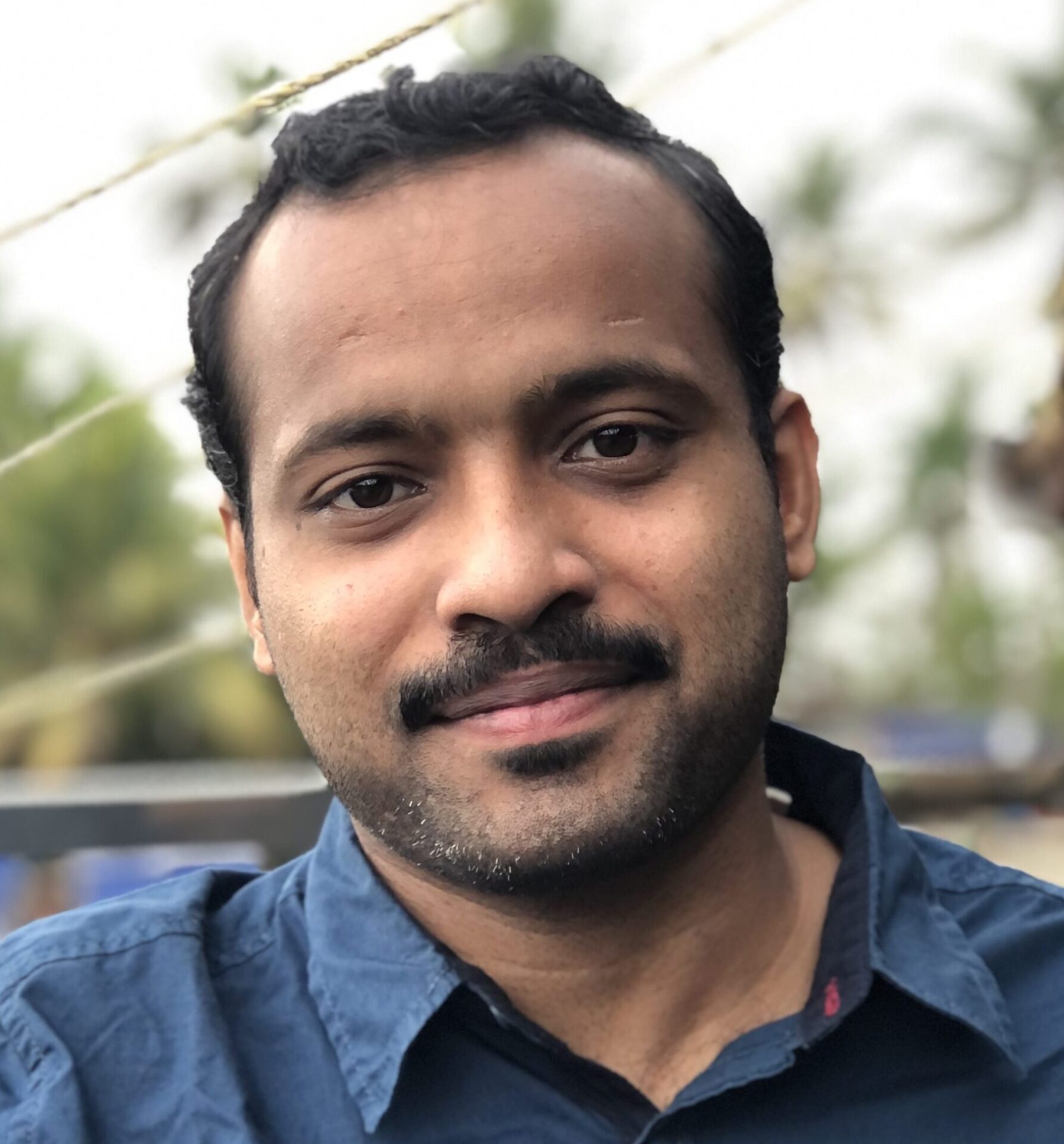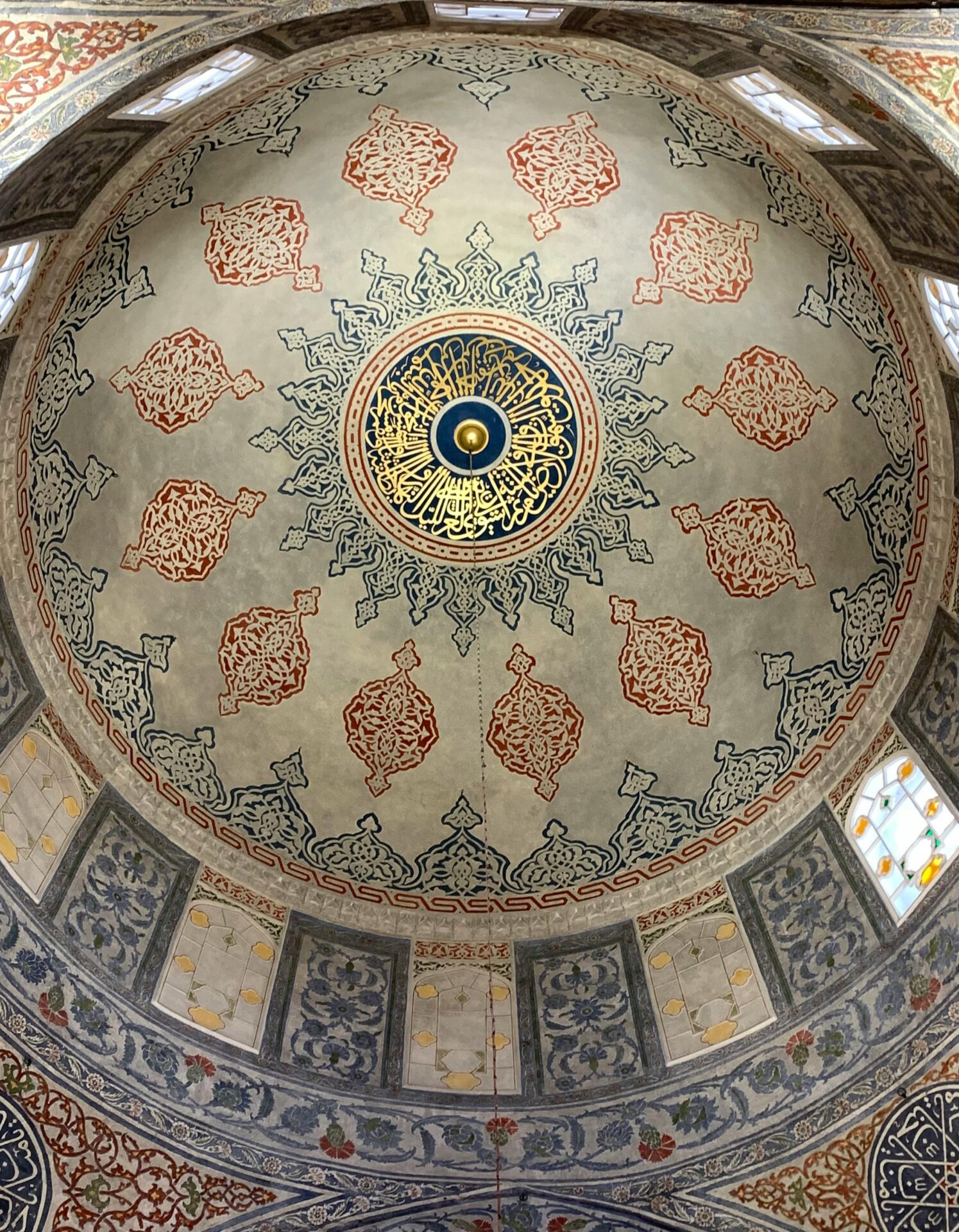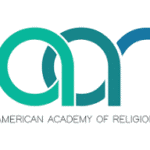
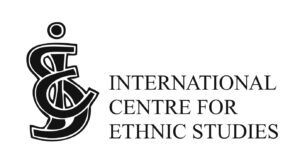
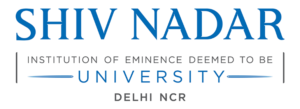
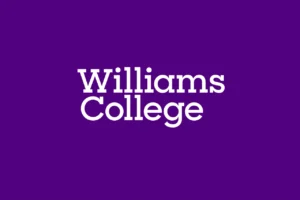
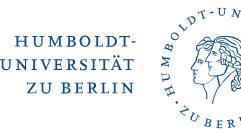
Call for Papers
Hierarchy and Egality in South Asian Traditions
International Workshop, 14-15 December 2026
International Centre for Ethnic Studies, Colombo, Sri Lanka
Concept Note
What roles do ‘hierarchy’ and ‘egality’, as values and practices, play in the everyday lives of South Asian traditions? Hierarchy as a value in the social life of Hinduism has been much discussed. Scholarship has tended to contrast a transhistorical Hindu hierarchy with egalitarian elements of Muslim, Christian, Buddhist and Sikh thought in South Asia, framing ubiquitous caste-like social forms among the latter traditions as anomalous. Yet careful studies of everyday life in the religious traditions of South Asia suggest that a far more heterogeneous set of social imaginaries and a far more complex entanglement of hierarchy and egality are, in fact, shaping the trajectory of both inter-caste and inter-religious relations and practices. The use of the term ‘egality’ may surprise. We propose to think with it provisionally, in a spirit of productive defamiliarization, inviting fresh attention to vernacular and tradition-specifi c concepts, beyond ‘egalitarianism’ and ‘equality,’ with which people conceive of what lies outside or against hierarchy.
In comprehending hierarchy and egality in South Asia today, the role of the state cannot but be taken into account. The state is actively involved in classifying and representing communities as watertight categories such as castes, sects, minorities and majorities. Yet these categories and their relationship to national narratives have followed quite different paths in Pakistan, Sri Lanka, Nepal, Bangladesh and India. Thus the question of hierarchy and egality in the South Asian region, too often dominated by India’s trajectory and framed within the terms of faith traditions alone, in fact requires careful attention to the shaping of traditions by diverse state practices and national histories.
This workshop brings together an international collective of scholars to collaboratively address the following questions : Can we think of the multiple entanglements with hierarchy and egality as one of the core aspects of religious lives in South Asia? Do religions, like neighbours, learn from each other’s hierarchical/egalitarian tendencies? How do South Asia’s non-Hindu traditions produce or accommodate caste practices in terms of their own ethical and theological systems–how do they make caste their own? What are the relationships between practices of hierarchy and practices of egality in religious traditions? How do universal truth claims of particular religions interact with national narratives and local conditions? How do liberal, secular and democratic visions of egality and hierarchy negotiate with religious traditions? Do they contradict each other or are they reconciled as part of the same traditions?
The workshop, to be held during 14-15 December 2026, at the International Centre for Ethnic Studies, Colombo, Sri Lanka, will serve as a collaboration for a planned edited volume. We invite contributions which engage deeply with the preceding questions. We will provide the accommodation and food during the workshop. There is no registration fee to attend the workshop.
The last date to submit a 500 word abstract is 15th March 2026. Acceptance of notifi cation will be communicated on 31st March 2026. Please submit the abstract to the following email address: icesworkshop2026@gmail.com
Selected participants will be required to submit a 5000-6000-word paper by 31st July 2026. The organisers will review the draft articles and provide feedback to the authors. The authors will need to revise and resubmit the articles by 30th November 2026. After the workshop, the authors will be requested to further work on their drafts based on the comments and suggestions received during the workshop and submit the fi nal articles to the organisers for inclusion in the edited volume.
Please note that inclusion in the workshop is based on the mutual understanding that the papers will be submitted for consideration in the proposed edited volume.
Organisers
P.C. Saidalavi, Shiv Nadar University, Delhi-NCR
Nidhin Donald, Humboldt University, Berlin
Joel Lee, Williams College, Massachusetts
